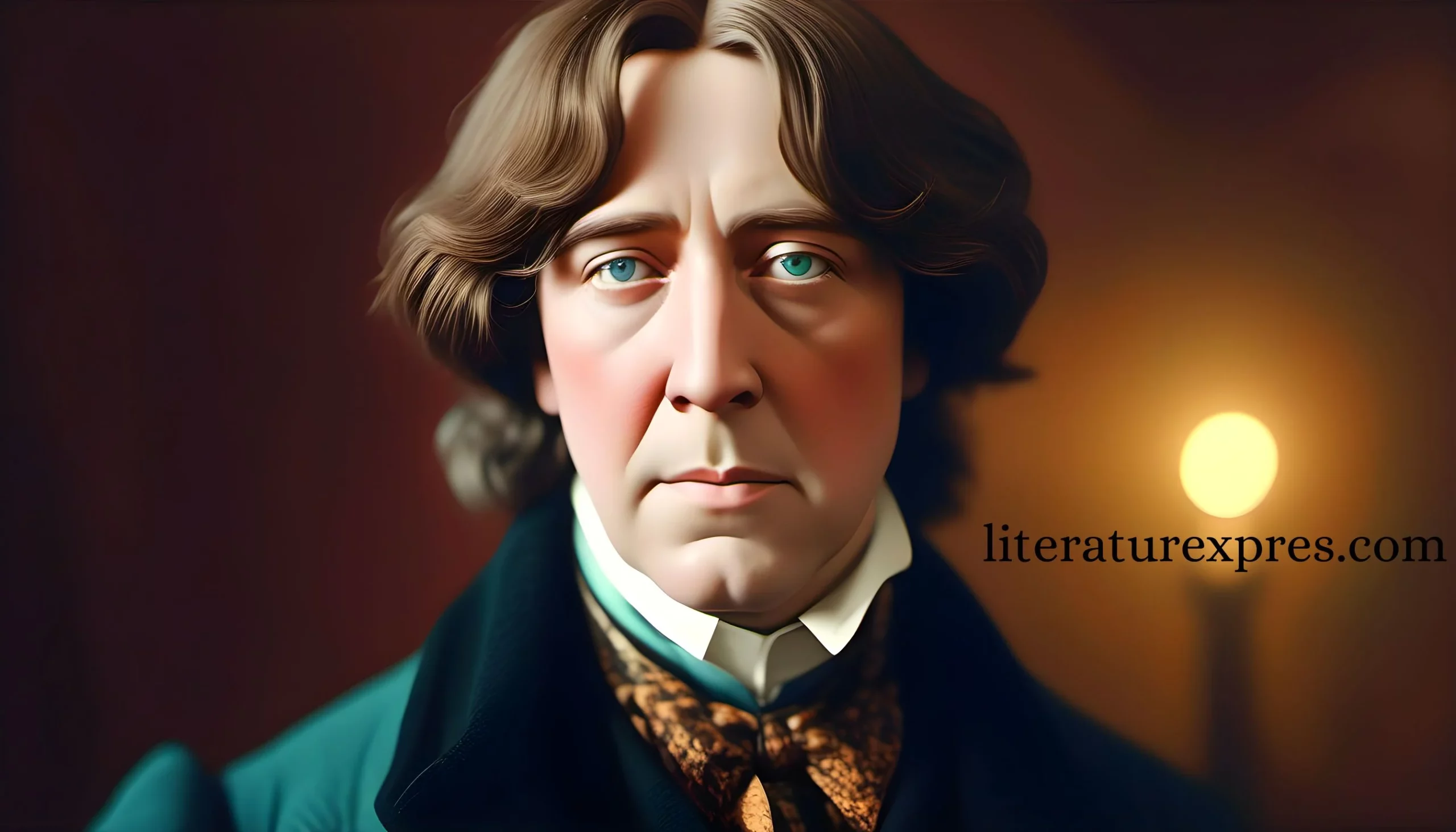What is the rhyme scheme of the poem “Where the mind is without fear”?
Rabindranath Tagore’s (1861-1941) “Where the mind is without fear” (1910) is a prayer for a better world. It is full of hope and dreams for freedom, truth, and unity. The poem is written in simple and powerful words. It inspires us to imagine a world without fear, divisions, or blind habits. But what about its rhyme scheme? Let’s explore!
The Rhyme Scheme: The poem does not have a rhyme scheme. It is written in free verse. This means it does not follow any specific pattern of rhymes. Each line flows freely, like thoughts or a prayer. Tagore uses this style to focus on the message, not the sound of the words. Free verse helps express deep emotions and ideas without being limited by rhyming rules. For example:
- “Where the mind is without fear and the head is held high;”
- “Where knowledge is free;”
These lines do not rhyme, but they still create a rhythm. The beauty of the poem lies in its simplicity and flow. The repeated use of “Where” gives the poem a structure and makes it easy to follow.
Why Free Verse? Free verse suits the poem’s theme of freedom. Tagore wanted his words to feel natural, not forced by rhyme. The free flow of the poem reflects the free, fearless world he dreams of. Tagore’s choice of free verse makes the poem timeless and universal, like a song of the soul.
